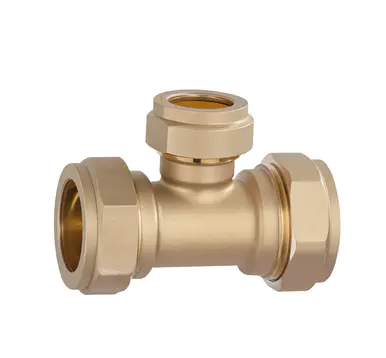Brass Coupler Technical Performance and User Guidance

The Brass Coupler has established itself as an essential component for connecting pipes and mechanical systems, thanks to its balance of strength, corrosion resistance, and ease of use. Professionals often inquire about long-term durability, sealing performance, and compatibility with different piping materials. Home and industrial users alike value couplers that maintain consistent connections under varying pressures and environmental conditions.
Thread integrity and alloy composition are central to reliable coupler performance. Studies indicate that high-quality brass couplers sustain pressures up to 3,000 psi, depending on wall thickness and material grade. Proper installation is critical; over-tightening or misalignment can lead to micro-cracks or leakage. Compared to stainless steel or composite couplers, brass offers a lighter and more cost-effective solution for many applications while still delivering dependable sealing and mechanical stability.
Market trends suggest continued growth in demand for brass couplers, particularly in plumbing, irrigation, and mechanical assembly projects. Modern manufacturing emphasizes CNC precision, lead-free alloys, and rigorous inspection to ensure performance consistency. Manufacturers are adopting advanced testing protocols to detect defects early, reducing failure rates and improving overall reliability.
In conclusion, the Brass Coupler remains a cornerstone of modern plumbing and industrial systems. Its combination of reliability, cost efficiency, and material versatility ensures that it continues to meet user expectations for secure, long-lasting connections across a variety of applications, reinforcing its role in both established and emerging hardware markets.
- Art
- Causes
- Crafts
- Dance
- Drinks
- Film
- Fitness
- Food
- Παιχνίδια
- Gardening
- Health
- Κεντρική Σελίδα
- Literature
- Music
- Networking
- άλλο
- Party
- Religion
- Shopping
- Sports
- Theater
- Wellness



